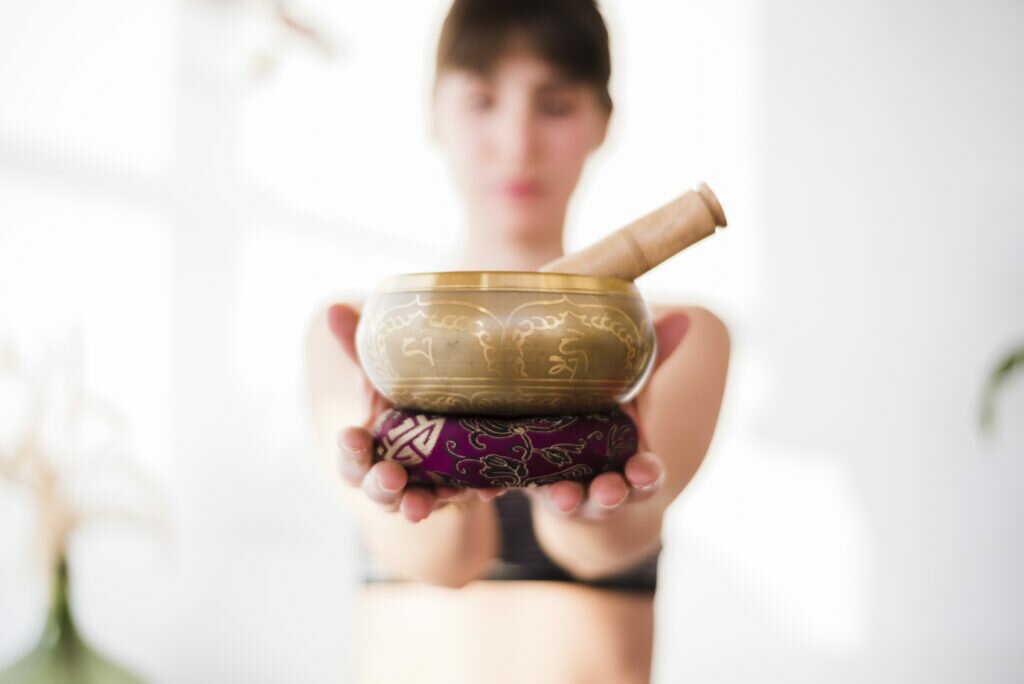In the realm of medicine, there are various branches that cater to different aspects of health. Two such branches are Ayurveda and homeopathy, which differ significantly in their approaches and methodologies. Today, we will explore the major differences between Ayurveda and homeopathy, and how they each contribute to our well-being.
Definition of Ayurveda
Ayurveda, a timeless treasure, encompasses the profound knowledge of life. Originating in India approximately 3,500 years ago, Ayurveda revolves around the concept of the “tri-doshas” – Vata (wind), Pitta (bile), and Kapha (phlegm). These doshas represent three fundamental factors in the body.

The treatment approach in Ayurveda emphasizes natural healing, focusing on disease prevention and the promotion of overall immunity. It holds the esteemed title of being the “Mother of all Medications.”
Definition of Homeopathy
On the other hand, homeopathy is a distinct form of medicine that stimulates the body’s immune system to combat diseases. The remedies provided by homeopathy are safe, effective, and free from side effects. This branch of medicine operates on the principle that any substance capable of creating symptoms in a healthy individual can also treat similar symptoms in a sick person.

Homeopathic medicines are prepared by diluting various plants, vegetables, and synthetic materials in distilled water and alcohol, in small amounts.
Difference between Ayurveda And Homoeopathy
Now, let’s delve into the differences between Ayurveda and homeopathy, which set them apart in their unique ways.
Approach to Healing
Ayurveda focuses on achieving complete wellness of the body, encompassing both physical and mental aspects. It delves into the root causes of diseases and employs natural healing methods to restore balance and harmony within the body. The aim is to maintain good health, prevent diseases, and promote overall well-being.
Homeopathy, on the other hand, primarily triggers the body’s immune system to combat illnesses. It operates on the principle of “like cures like,” using diluted substances to stimulate the body’s self-healing mechanisms. Homeopathic remedies are personalized to each individual based on their specific symptoms and constitution.
Remedies and Safety
Ayurveda utilizes a wide range of natural remedies, including herbal formulations, dietary modifications, lifestyle changes, and therapeutic practices such as yoga and meditation. These remedies aim to address imbalances in the body and promote holistic healing. Ayurvedic treatments are generally considered safe when prescribed by qualified practitioners, as they prioritize the overall well-being of the individual.
Homeopathy, known for its safe and effective remedies, prepares medicines through a process of dilution and potentization. The highly diluted substances used in homeopathy aim to trigger the body’s innate healing responses without causing any adverse effects. It offers a gentle and non-invasive approach to healing.
Scope of Treatment
Ayurveda encompasses a vast range of treatments and therapies that extend beyond specific diseases or symptoms. It focuses on restoring balance to the body and mind, enhancing overall vitality, and promoting longevity. Ayurvedic practitioners assess the individual’s unique constitution and tailor treatments accordingly, addressing not only the current ailment but also the underlying imbalances.

Homeopathy primarily targets specific symptoms and conditions, aiming to stimulate the body’s vital force to restore health. It offers remedies for a wide range of acute and chronic ailments, ranging from allergies and respiratory issues to mental health disorders and hormonal imbalances. Homeopathic treatments are often prescribed based on the principle of individualization, taking into account the unique symptoms and characteristics of each person.
Frequently Asked Questions (FAQs):
Is Ayurveda or Homeopathy more effective?
Ayurveda and Homeopathy have their own unique approaches to healing and can be effective in different situations. The effectiveness depends on individual factors, the nature of the condition, and personal preferences. It is advisable to consult qualified practitioners of each system to determine the best approach for your specific needs.
Can Ayurveda and Homeopathy be used together?
Ayurveda and Homeopathy can be used together in certain cases, but it is essential to consult practitioners experienced in both systems. They can provide guidance on integrating the remedies and treatments for a holistic approach to healing.
Are Ayurvedic medicines and Homeopathic remedies safe?
Ayurvedic medicines and Homeopathic remedies are generally considered safe when used under the guidance of qualified practitioners. It is important to consult professionals who can provide personalized recommendations and ensure the quality and safety of the remedies.
Do Ayurveda and Homeopathy have scientific evidence to support their efficacy?
Both Ayurveda and Homeopathy have a long history of use and anecdotal evidence supporting their efficacy. While scientific research is ongoing, it is important to note that these systems of medicine have different philosophies and approaches that may not align with conventional scientific methods.
Which system should I choose, Ayurveda, or Homeopathy?
The choice between Ayurveda and Homeopathy depends on individual preferences, the nature of the condition, and personal beliefs. It is recommended to consult qualified practitioners of both systems, gather information, and make an informed decision based on your unique needs and circumstances.
Can Ayurveda and Homeopathy treat acute conditions?
Ayurveda and Homeopathy can be used to treat acute conditions; however, Homeopathy is often sought for acute ailments due to its gentle nature and focus on stimulating the body’s self-healing response. Ayurveda offers a broader holistic approach that encompasses acute and chronic conditions.
Conclusion
In conclusion, both Ayurveda and homeopathy contribute to the field of medicine in their distinct ways. Ayurveda provides a comprehensive approach to well-being, focusing on balance, prevention, and natural healing. Homeopathy, on the other hand, stimulates the body’s immune system to fight diseases using safe and personalized remedies. Each branch has its own strengths and merits, and the choice between them depends on individual preferences and health needs. Ultimately, the goal remains the same – to achieve optimal health and vitality, embracing the rich diversity of medical approaches available to us.
Disclaimer: The information provided in this article is for educational purposes only and does not constitute medical advice. Consult with a qualified healthcare professional before making any changes to your diet or lifestyle.

